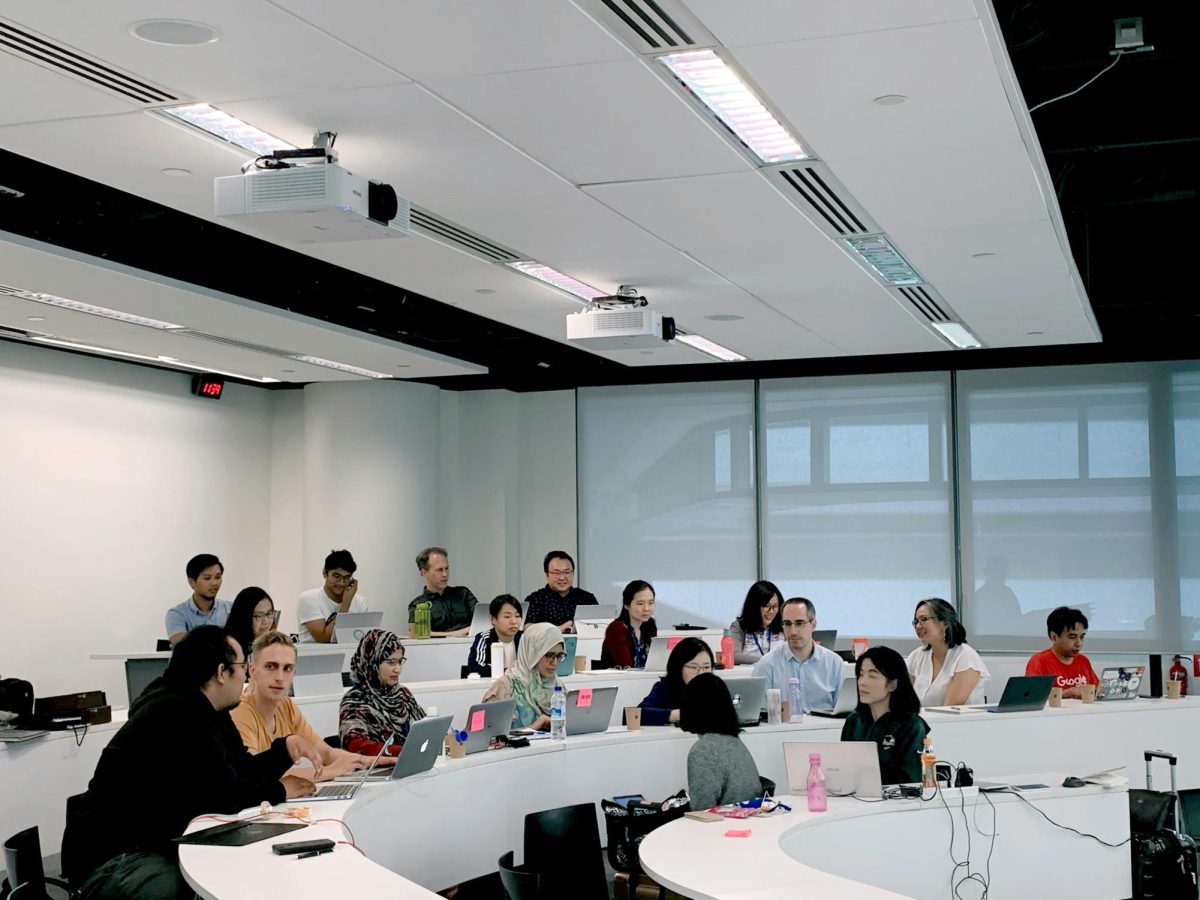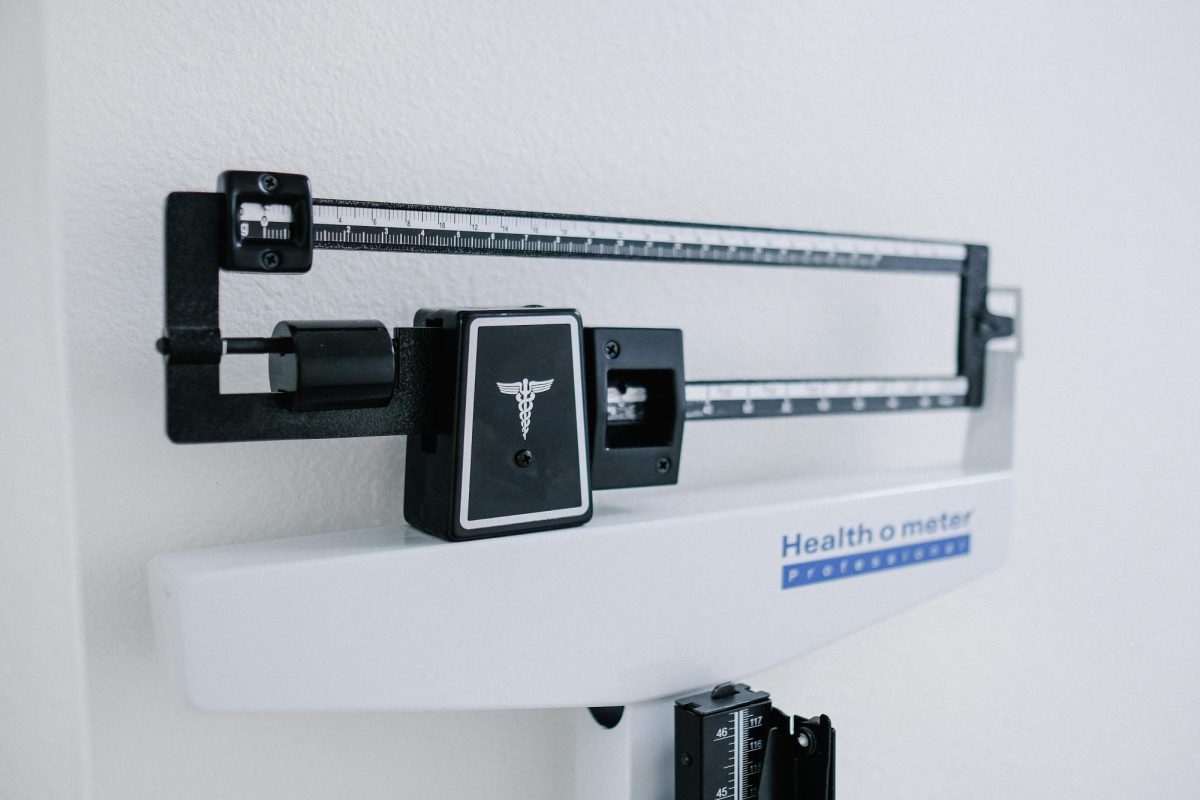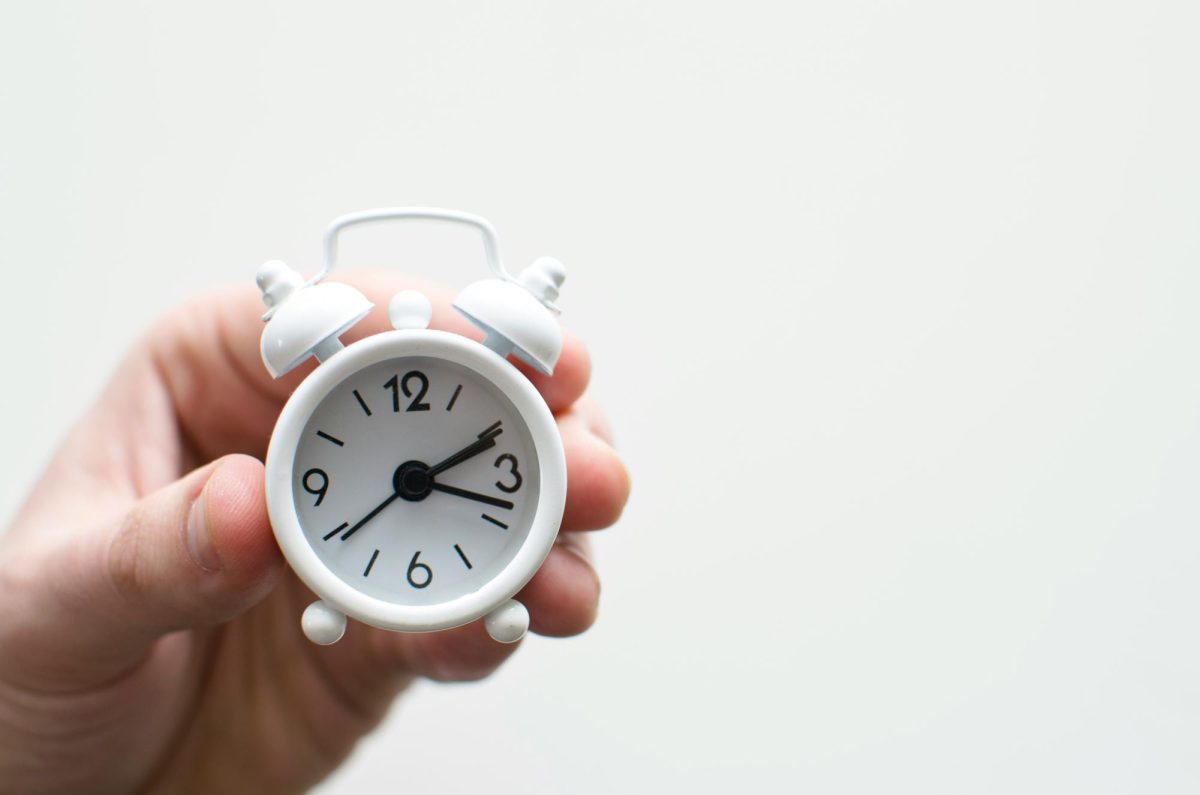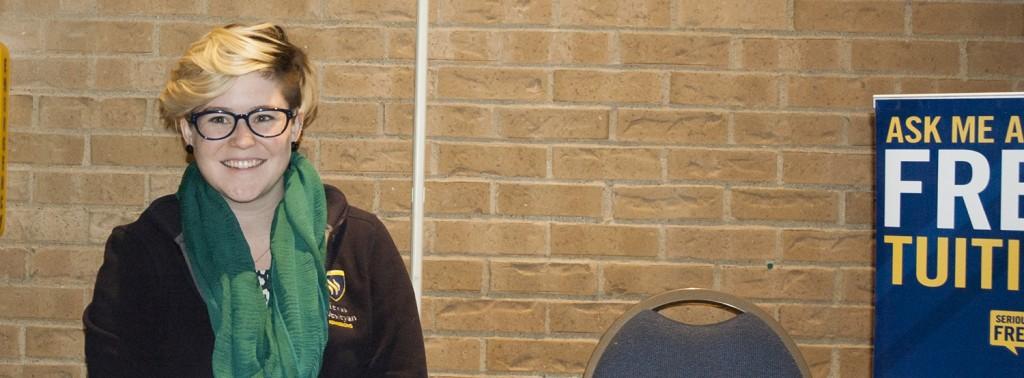Facebook. The incredible social media website that connects people from all over the world also allows them to post things that happened — and things that didn’t.
Often, looking at a Facebook newsfeed means coming across a jumble of things, like a friend on vacation, another celebrating a birthday, one who’s getting married and one who got a superb new job.
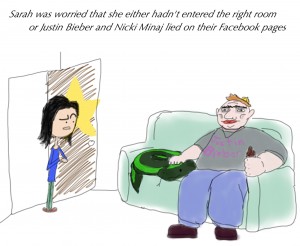
There’s also the politically outspoken friend, the one who posts every single detail of their day, the whiny friend and the one who’s living the good life.
And looking at all of this can sometimes bring misery.
A study conducted by two German researchers shows that one in three people feel worse after visiting Facebook. It has proved that users of the website envy other people’s happiness and social lives. As a result, this weakens their life satisfaction.
This study links the intake of information on Facebook to undesirable feelings such as jealousy and isolation, social tension and even depression.
The same study also shows both men and women feel pressure to show off their lives in a particularly dazzling way on the website. They try to embellish certain events or even make the whole thing up. Therefore, most of the posts that make people feel bad are probably too good to be true.
When feeling bad or envious about a certain post, it can be difficult to get out of that mindset, but it is always good to remember that people frame certain events. They only show others the good parts, the parts they want them to see. Life has the good and the bad, but they only show the good.
Consequently, Facebook becomes more about “This is how I want people to view my life” rather than “This is how my life is.” It develops into a deceiving portrayal of life that sparks envy, instead of its original goal of “making the world more open and connected.”
For some, the Internet is a stage, and the people are the audience. So, they fancy up their lives and lie about it. The Daily Mail created an online poll which indicated that two-thirds of Web users exaggerate their online posts by claiming they were out with friends when they really stayed at home or by making up entire vacations, for example.
Yes, Facebook is a great way to keep connections with people, maybe even learn new things, but if it becomes upsetting to stay connected, then take a break. Go out. Meet new, real people. Read a book. Do something that does not involve the need to stay connected 24/7. Doing so might bring more happiness than Facebook.












